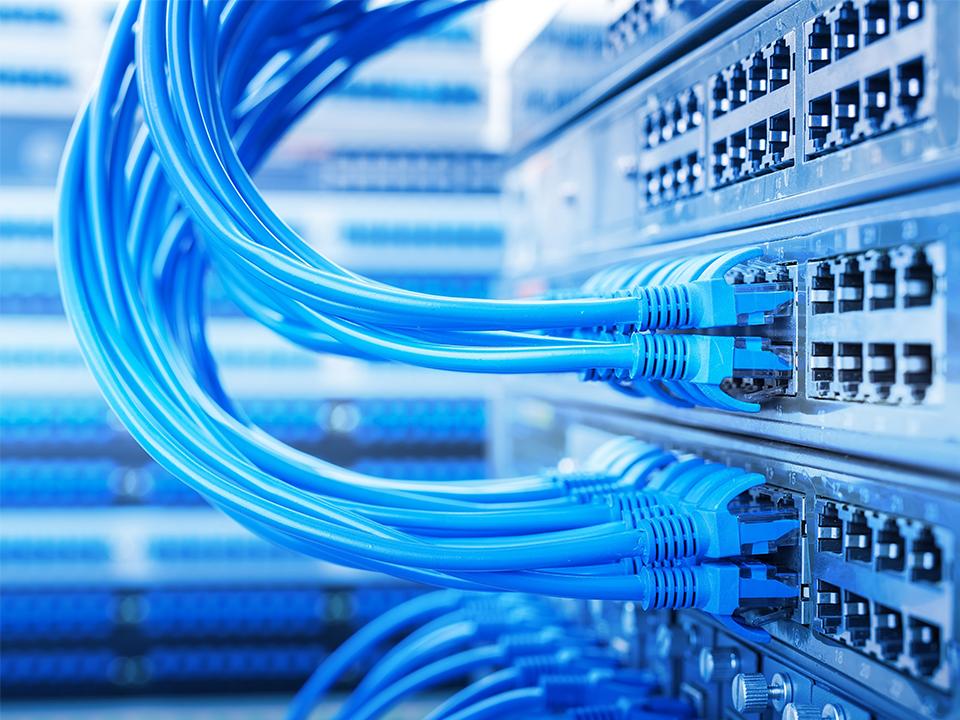WB urges reforms in PH's connectivity, says cost of inaction too high

The World Bank (WB) urged the Philippine government to implement reforms and increase investment in broadband infrastructures as the country continues to lag behind neighboring countries in terms of internet reach and average speed.
According to the 2024 World Bank report, the Philippines’ internet connectivity is the most expensive in Southeast Asia but is relatively slow compared to Singapore, Thailand, Malaysia, Vietnam, and Brunei.
"Limited internet access curbs digital potential for citizens and businesses, with peri-urban connectivity being critical to future growth. The country’s poor broadband infrastructure is rooted in outdated policy frameworks that stifle investment in rural areas and foster a market with weak competition, both of which hinder broadband expansion," the WB said.
"Policymakers can build on immediate reforms through the open access bill as an entry point to broader and medium- to longer-term digital connectivity agenda. The cost of inaction—loss of growth opportunity, people remaining unequipped for future jobs, and widening of the digital divide—is too high for the Philippines," it added.
The latest data from the Department of Information and Communications Technology (DICT) showed at least 65% of Filipinos are still without internet access. It likewise said there are only around 12,000 independent common towers in the country.
The WB called on the administration to add more cell sites in the country and provide more incentives to telcos, which is supported by several stakeholders in the telecommunications industry.
In early April, an independent research organization also called for the revision of the National Building Code of the Philippines to address leasing fees.
In June 2023, the World Data Lab on the Internet Poverty Index showed at least 20 million Filipinos are “internet poor” or do not have the financial capacity to avail of at least 1 gigabyte (GB) of internet data per month. —NB, GMA Integrated News




